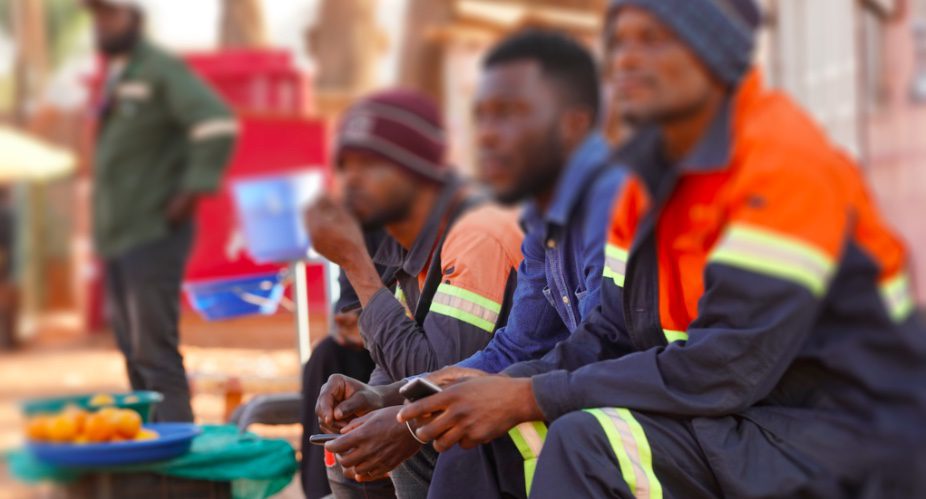
Congolese workers challenge mining companies in DRC courts
Hundreds of mining executives, investors and politicians gathered at Africa’s 2024 Mining Indaba in Cape Town this month to discuss “positive disruption” in the mining industry. The buzz left no doubt that companies are latching onto huge opportunities from the rising demand in critical minerals needed to propel the energy transition. But there are also immense challenges, especially for the thousands of industrial mine workers who extract the minerals and are laying the groundwork for the energy transition. Will they benefit from the “disruption” that was celebrated at the Indaba?
Recent legal challenges by workers against companies operating in the cobalt sector in the Democratic Republic of Congo (DRC) show signs that workers are beginning to demand a change in corporate behaviour. Together with tenacious lawyers, mine workers are using national laws against companies who fail to respect labour rights. And they are winning.
Exploited workers at the forefront of the energy transition
Cobalt, primarily found in DRC, is a critical mineral that makes up part of the lithium-ion battery used in electric vehicles. In 2021, research conducted by legal aid group, Centre d’Aide Juridico-Judiciaire (CAJJ) and corporate watchdog RAID exposed dire conditions, discrimination and extremely low pay at some of the world’s largest industrial cobalt mines. The conditions were worse for those hired through subcontractors, who make up a staggering 57% of the workforce. Not only are many earning well below the living wage of $480 per month, they also reported excessive working hours, unsafe working conditions, no paid leave, and a disregard for basic health provision.
